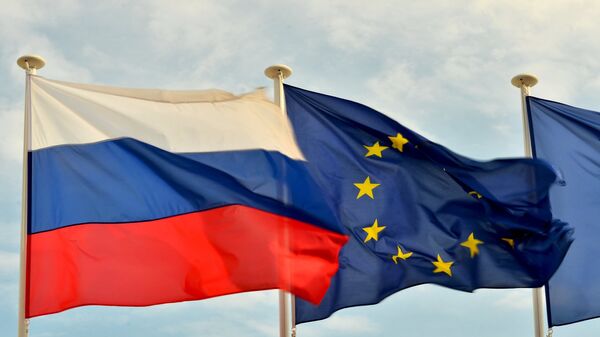MOSCOW (Sputnik) — The European Union and Russia are still able to work together on many issues that are not problematic, despite having frictions on issues such as crime, European Commission President Jean-Claude Juncker said on Monday.
"For as long as possible – ant it is possible forever – we need to show that we will not accept unilateral change of borders in Europe. But there are so many spheres in which we could work with Russia … and we need to define those areas and then within the negotiations work on the topics that are not connected directly to controversial issues," Juncker said at the Bonn Academy for Research and Teaching of Practical Politics.
Working with Russia as if it were "any other player" would be wrong, Juncker added.
The Crimean peninsula reunited with Russia after the March 2014 referendum, with 97 percent of the population of the region supporting the decision. Ukraine and the western countries refuse to recognize the results of the referendum and consider Crimea a part of Ukraine.
Following the referendum, the European Union imposed economic sanctions on Russia, with Russia introducing countermeasures countermeasures against the EU member states that supported the sanctions, banning meat, sausage, fish and sea food import, as well as import of vegetables, fruits and dairy products. In June 2016 the countersanctions were prolonged until December 31, 2017.




